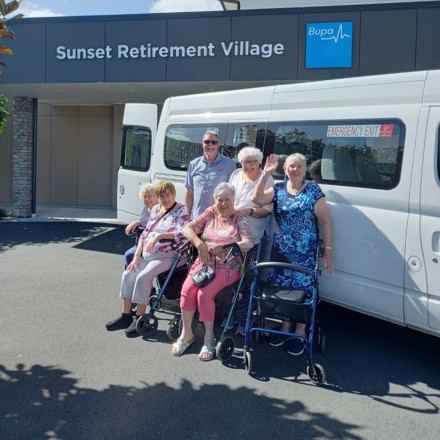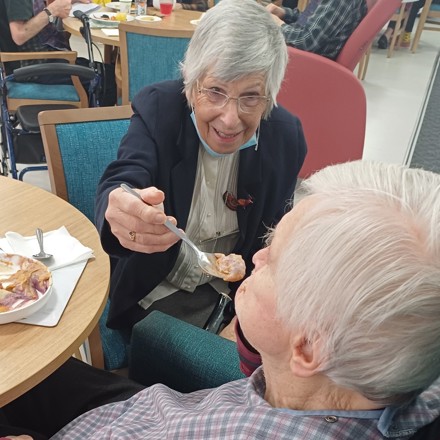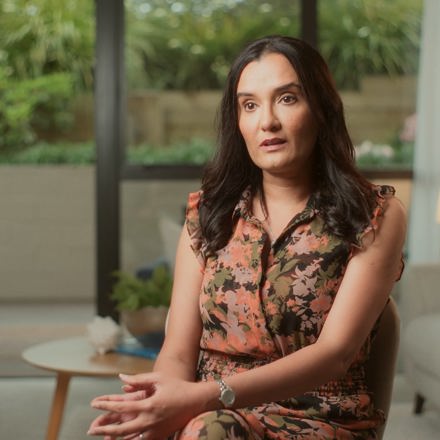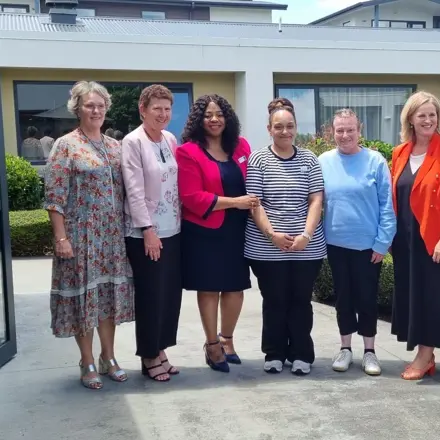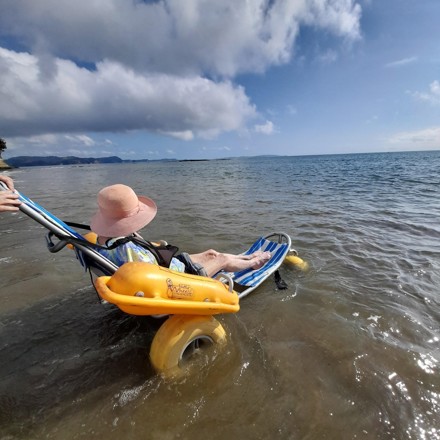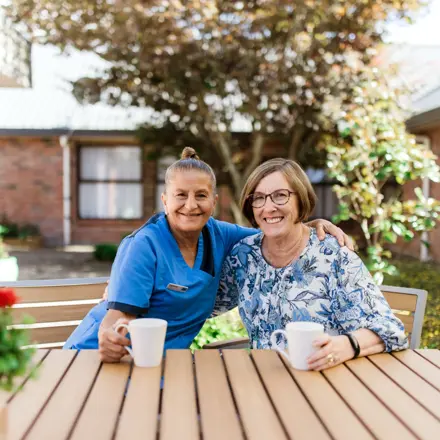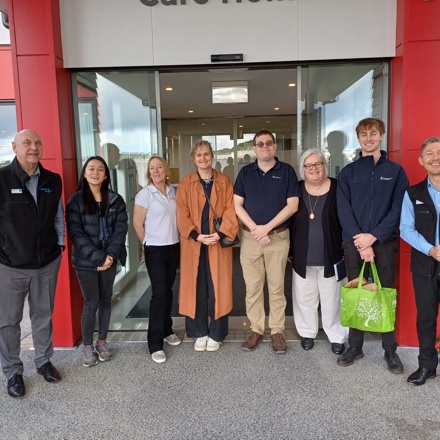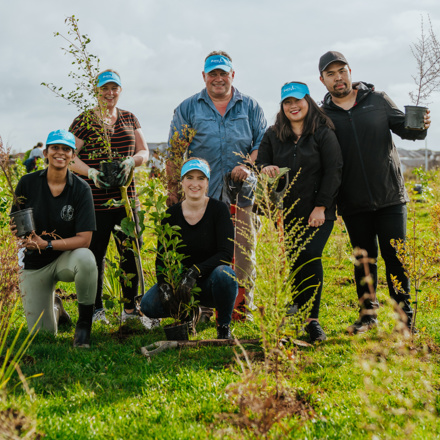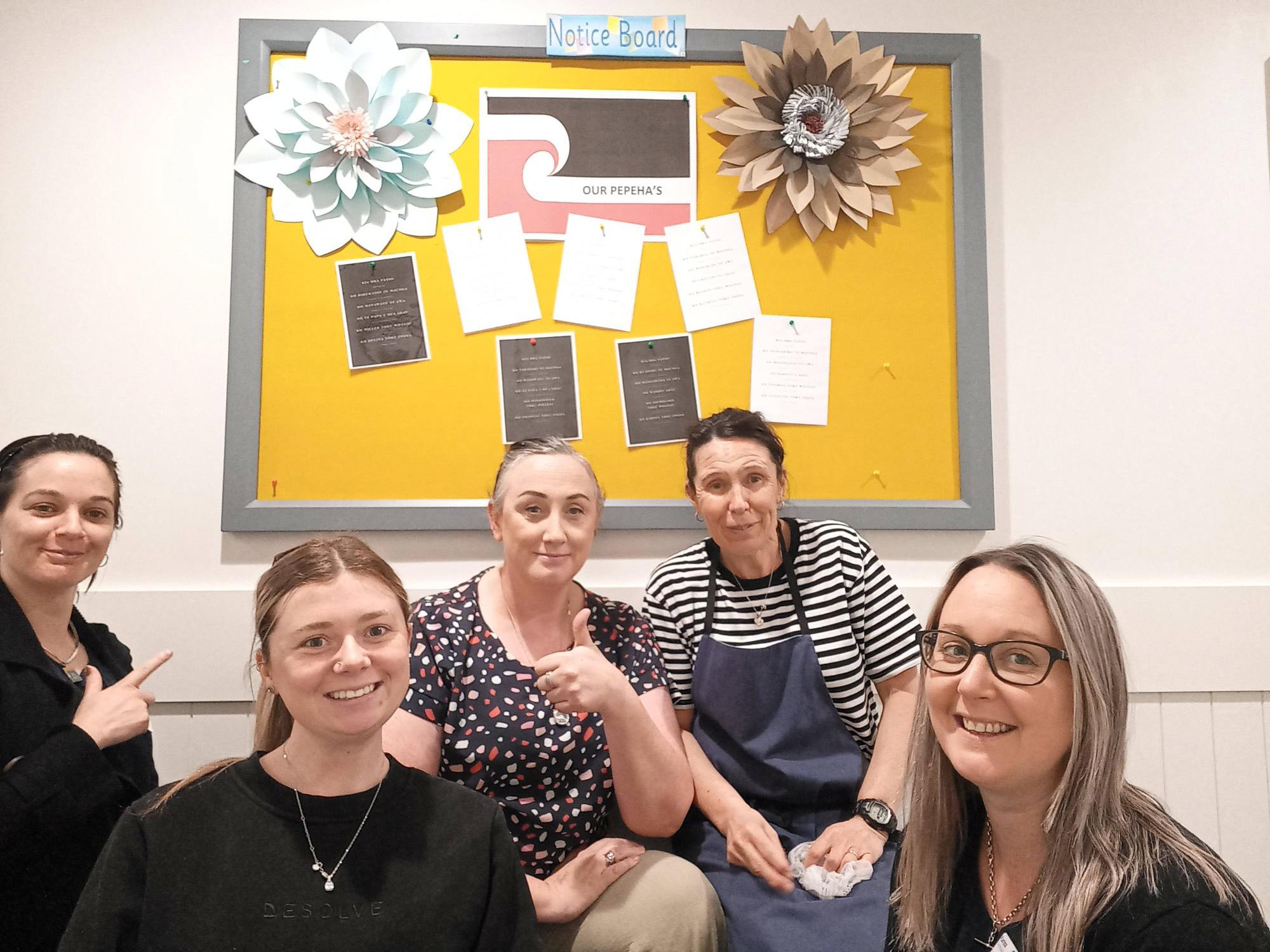
At Bupa Riverstone in Palmerston North, residents enjoy the interaction that the week presents, from visiting school performance groups to rolling their sleeves up with Māori inspired artwork.
General Manager Christa Bennetts believes the introduction of visual pepehas and staff waiatas helps unify her team.
“We have team members from many cultures and we try to celebrate them all. This week we’ll have te reo signage up around the care home, complete with a sign that translates as ‘Boss Lady’! I’m a really proud Kiwi so integrating parts of our Māori culture into the facility is really important to me.
“It’s crazy to think that speaking Māori at schools in New Zealand wasn’t considered acceptable until fairly recently. Evolving to where it is now where children can rattle off karakias and pepehas at the drop of a hat, is fantastic. At Riverstone, our team will be encouraged to present their own visual pepeha crests to illustrate their mountain (maunga) and river (awa); and our residents love immersing themselves in sensory cultural art. I’d encourage everyone to give it a go, pick one Māori word for a day, and practice using it. It’s not about precise pronunciation, but participation.”
To look forward, sometimes we need to look back and when it comes to Māori Language Week it’s important to recognise the history and significance of how it came to be. Did you know that it was officially instated in 1975 after a petition to parliament?
In the early 1970s, it became clear that very few people in New Zealand could speak Māori. Many people were concerned about the state of decline and signed a petition for the Māori language to remain part of our national heritage. The petition was signed by approximately 30,000 people and was presented to parliament on September 14, 1972. This day became recognised as Māori Language Day in the year 1975 and was responsible for the formation of what we now know as Māori Language Week.
The initiative, aims to inspire all New Zealanders to speak the Māori language proudly and is part of a larger effort to revitalise the language.
Acting Managing Director of Bupa NZ, Julie Sellar says committing to a social change initiative like Te Wiki o te Reo Māori’, gives the organisation an opportunity to make an impact not only on its team and members, but also New Zealand’s wider society.
“Bupa is committed to supporting and celebrating the longevity of Te Reo Māori by growing the use of Te Reo in our business on an ongoing basis.
Haere mai kia ngahau – have a go and have fun!”


